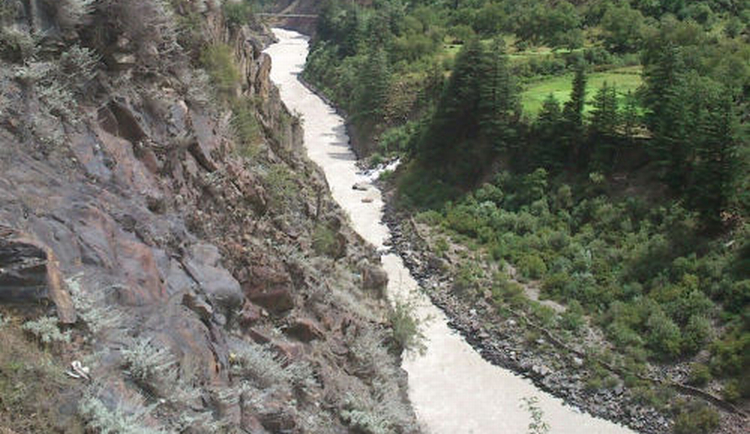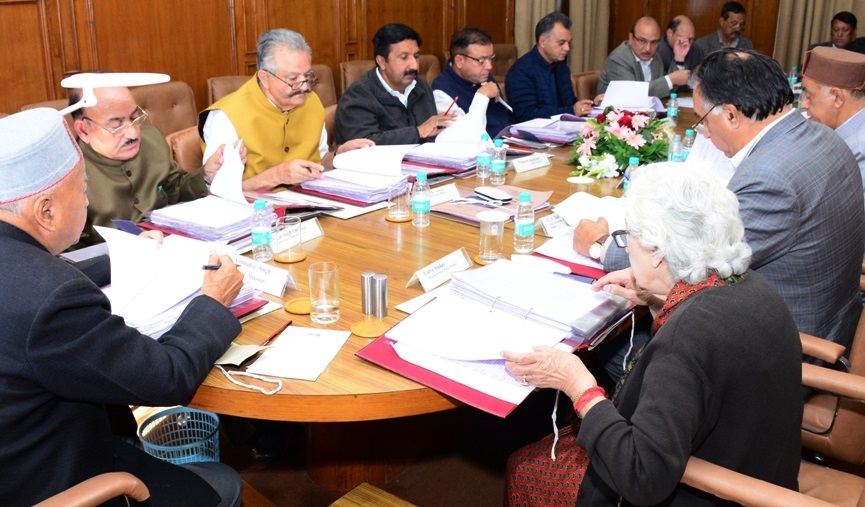52 per cent of Beas Basin Stone Crushers Lack Permission, Multi-Sector Committee Calls for Stringent Measures
Shimla – In the wake of a devastating natural calamity during the monsoons, a Multi-Sector Committee has shed light on the perilous consequences of unscientific and illegal mining exacerbating the environmental crisis in the Beas Basin of the State. The committee’s interim report, submitted to the Government, reveals alarming findings, pointing to the unbridled operation of stone crushers as a significant factor contributing to the ecological imbalance.
According to the committee report, out of the 131 stone crushers established in the Beas River basin, a staggering 68 were found to be operating without the necessary permissions. Only 50 operators were deemed to have valid permits, while seven crushers suffered damage during the floods, and anomalies were identified in the remaining six. The excessive dumping of debris into the Beas River and its banks resulted in flash floods that wreaked havoc on life and property.
The committee underscored the urgent need for a scientific study to assess the environmental impact on the Beas River basin, emphasizing short, medium and long-term measures for the operation of stone crushers. In response to these findings, the committee recommended granting permission to operate 50 stone crushers with valid permits, subject to strict guidelines, restricting their operation to 12 hours from 6 AM to 6 PM. The use of DG sets on any crusher is proposed to be made illegal.
To enhance monitoring and control, the committee advised the installation of CCTV cameras in all stone crushers, to be overseen by the State Pollution Control Board and Mining Department. The report also suggested that any illegal mining within a 500-meter radius of the stone crushers should be promptly reported by local authorities, with stringent actions against the owners of such establishments.
For those stone crushers lacking the necessary permissions, the committee recommended a case-by-case consideration only after obtaining the required approvals. Additionally, it proposed a temporary ban on opening new stone crushers in the state until the final committee report is released.
In a bid to address the broader environmental issues and maintain ecological balance, the committee advised the state government to streamline the permission process through a high-level authorized committee on a single-window basis for mining and stone crusher operations. The report concludes by emphasizing the need to fortify the regulation of captive stone crushers to prevent their involvement in illegal activities, aiming to safeguard the delicate ecological equilibrium of the Beas Basin.







